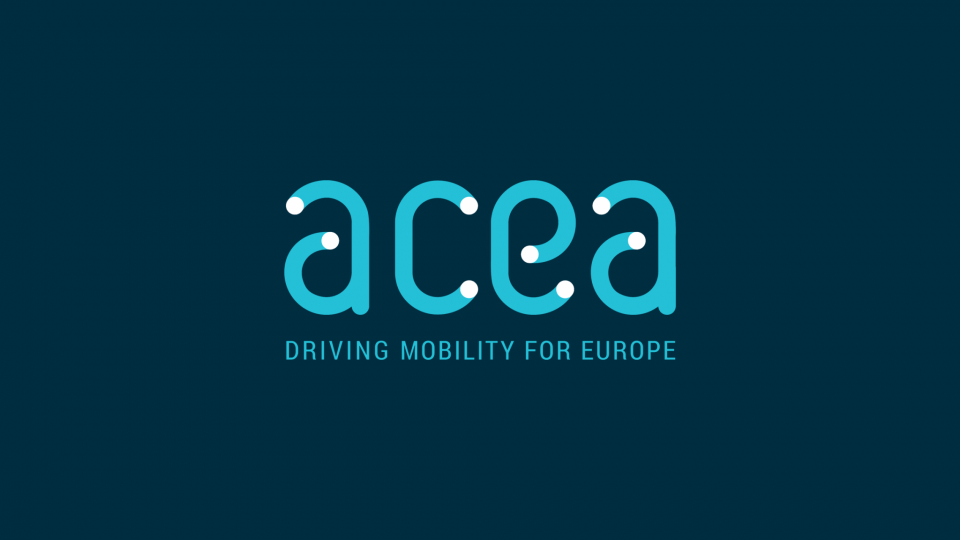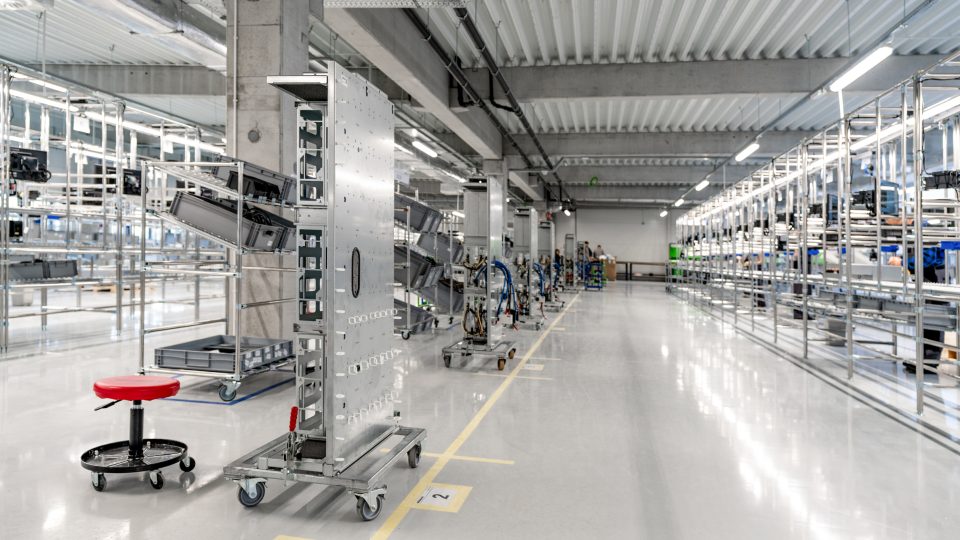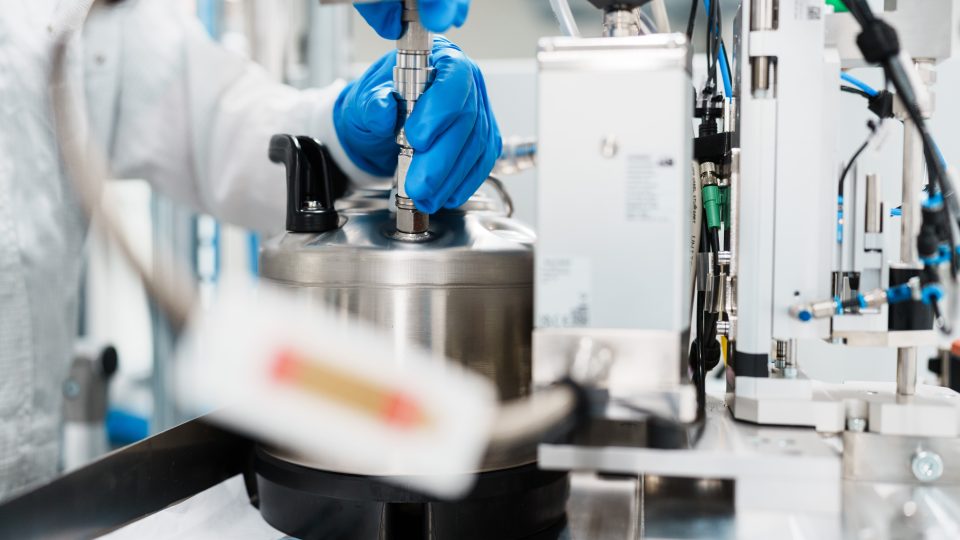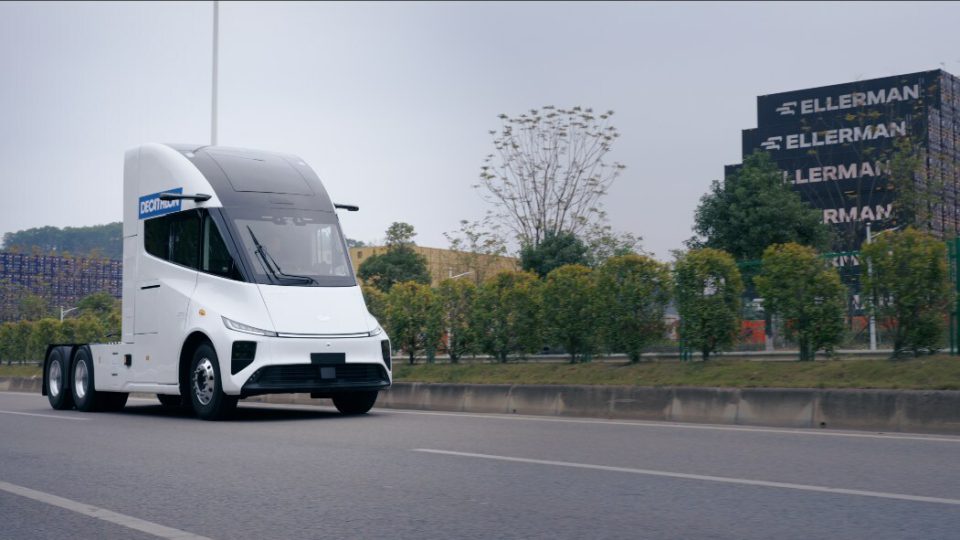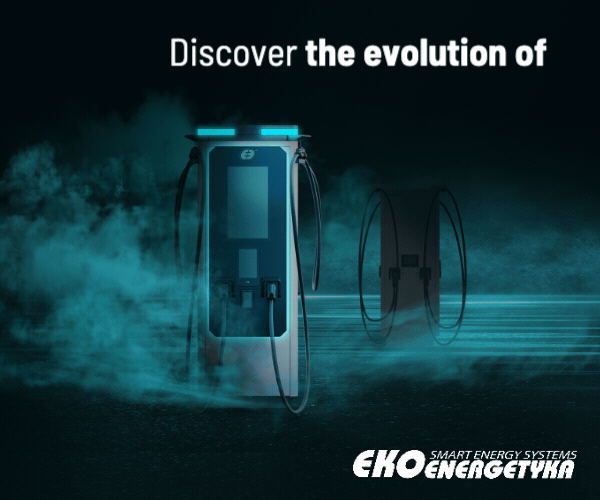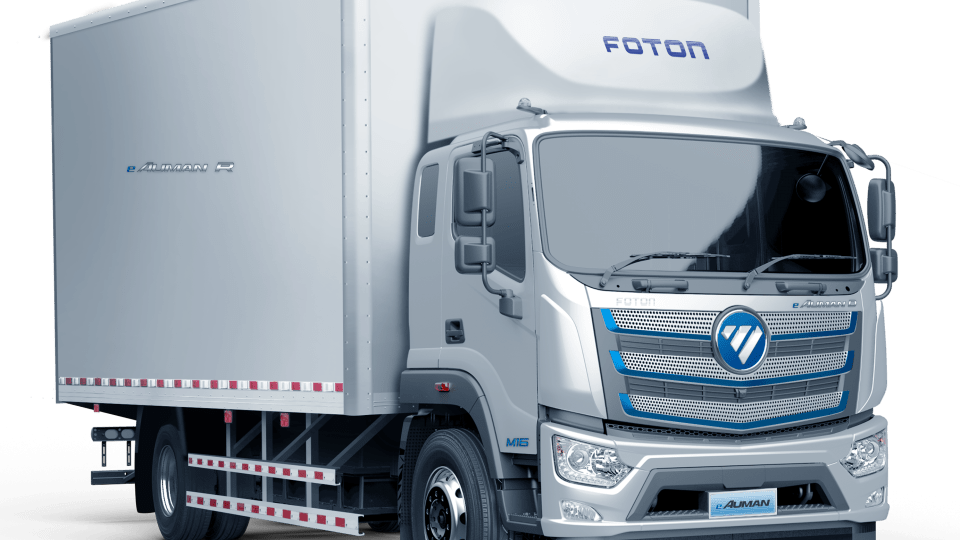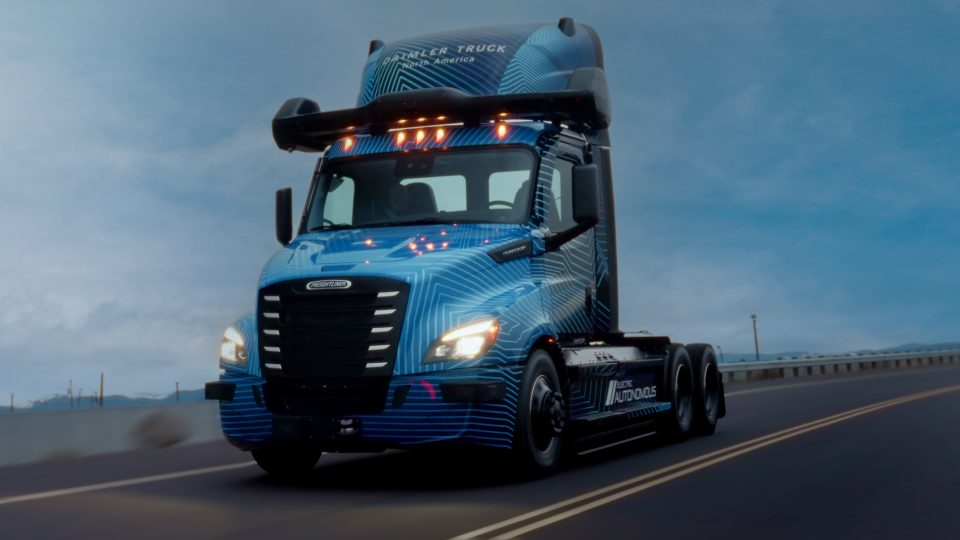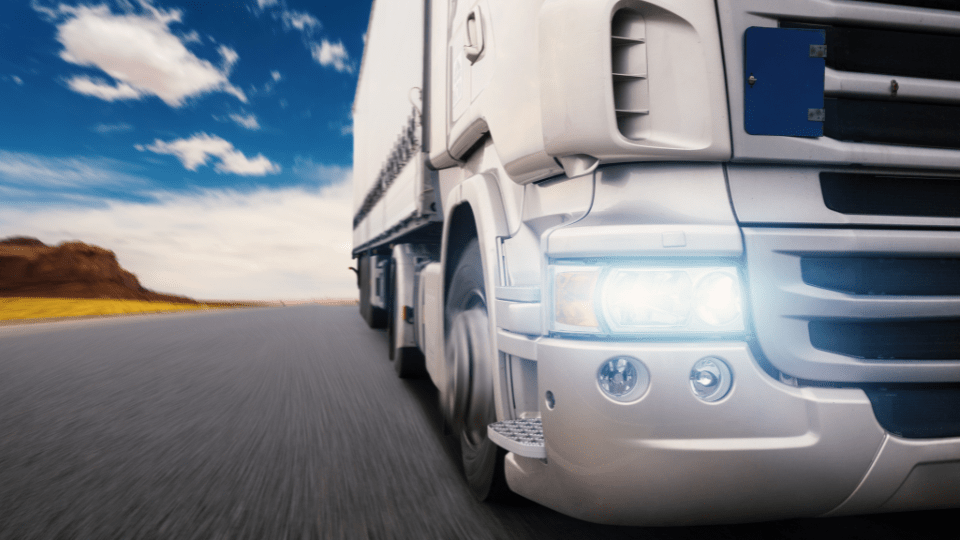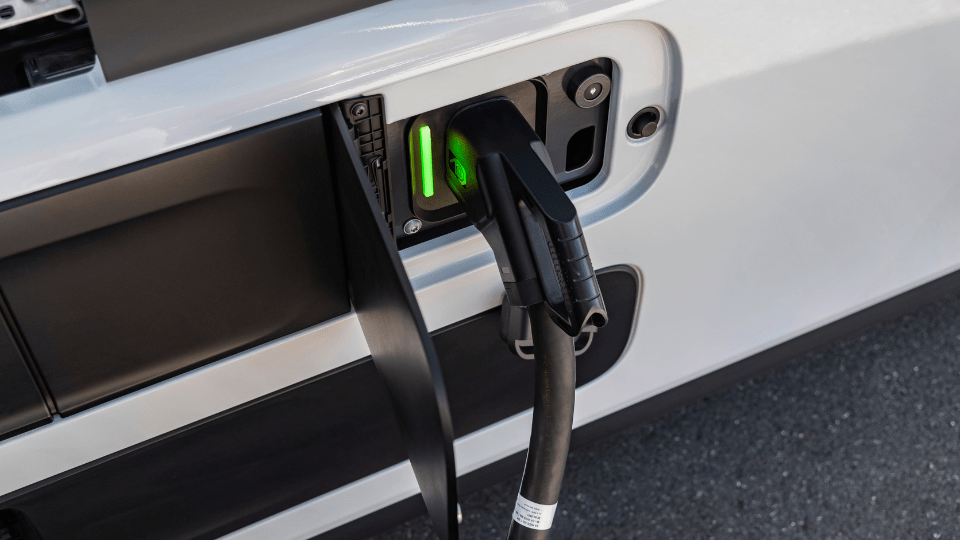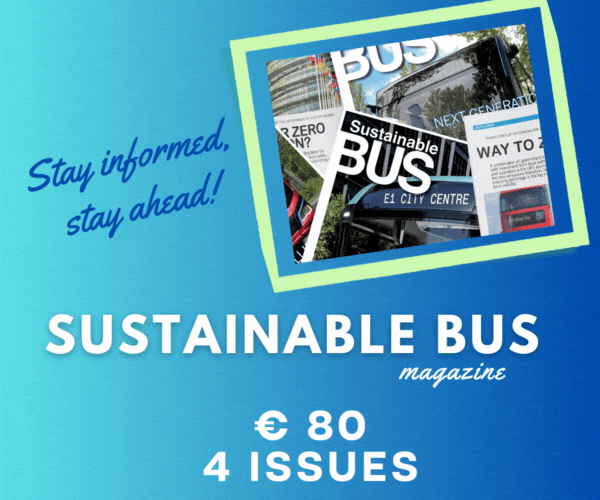ACEA: charging infrastructure and access to raw materials crucial to meet EU decarbonization targets
According to the European Automobile Manufacturers’ Association, It is now vital that all the framework conditions for going fully electric are put in place – including the roll-out of a truly EU-wide network of charging and refuelling infrastructure and access to the necessary raw materials.
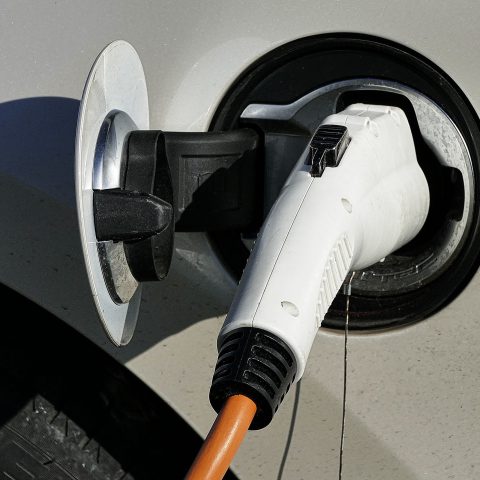
The EU is being quite strict on the path to achieve decarbonization in the transport sector. ACEA has recently commented on the extremely ambitious CO2 reduction goals agreed at the end of June by European environment ministers. “ACEA respects the Council’s decision but points out that it comes with major implications, not only for the auto industry but also for the EU economy as a whole”, we could read in a note.
Potrebbe interessarti
ACEA will have a new Director General, as of September 2022
According to the European Automobile Manufacturers’ Association, It is now vital that all the framework conditions for going fully electric are put in place – including the roll-out of a truly EU-wide network of charging and refuelling infrastructure and access to the necessary raw materials.
ACEA president on EU decarbonization targets
“To be very clear: the automobile industry will fully contribute to the goal of a carbon-neutral Europe in 2050. But the decision of the Council raises significant questions which have not yet been answered, such as how Europe will ensure strategic access to the key raw materials for e-mobility,” stated Oliver Zipse, ACEA President and CEO of BMW. “If the EU wants to be a pioneer of sustainable mobility, the availability of these materials must be secured. Otherwise, we will be threatened with new dependencies, as other economic regions have already positioned themselves at an early stage. Going forward – he added – technology openness means that also hydrogen and other CO2-neutral fuels can play an important role in decarbonising road transport”.




